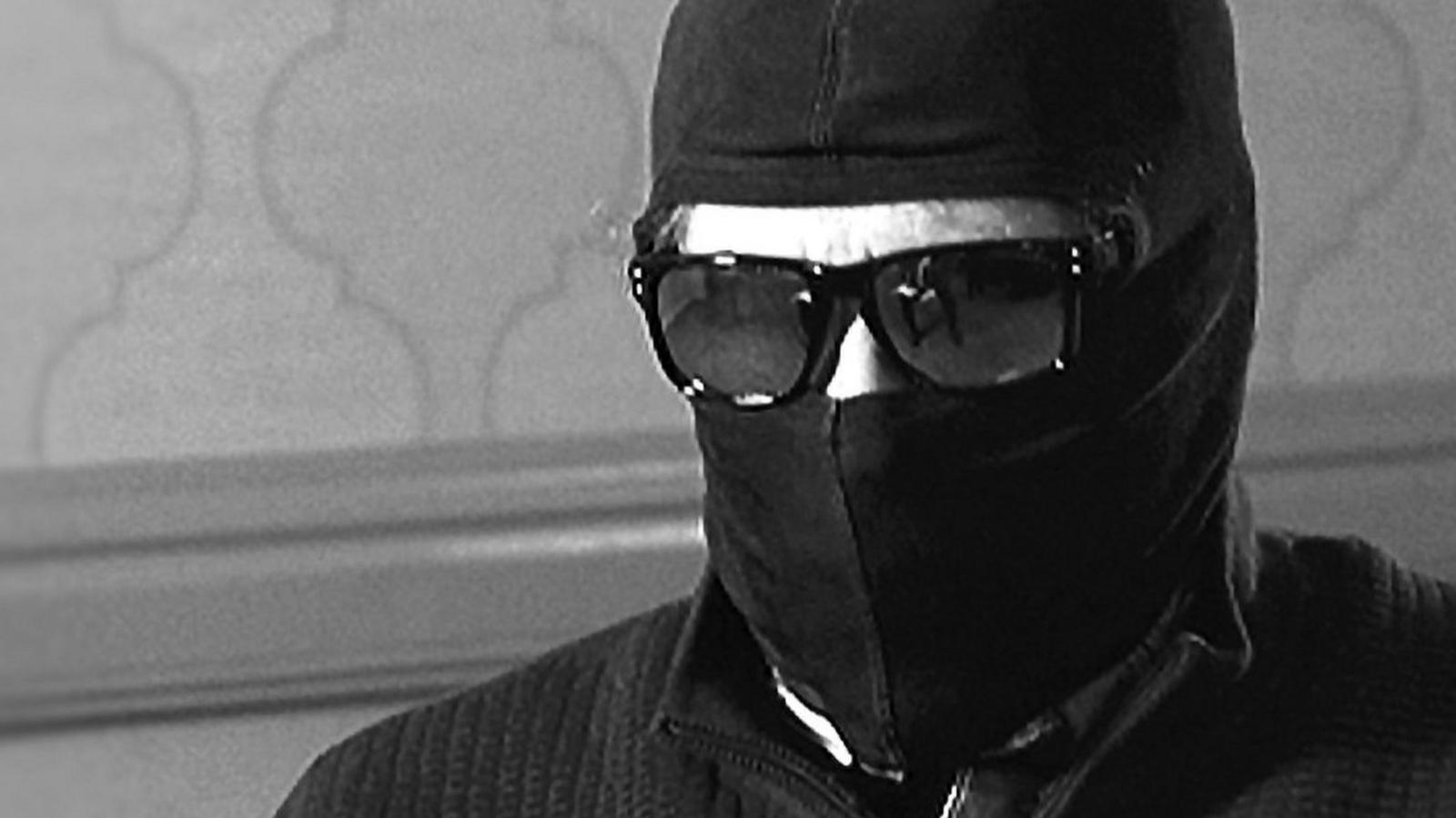Grigory Rodchenkov: US lawmakers propose bill named after whistleblower
- Published
Grigory Rodchenkov speaks to BBC sports editor Dan Roan in February 2018
US lawmakers want to criminalise doping by proposing a new bill named after whistleblower Grigory Rodchenkov.
Rodchenkov, the former head of Moscow's anti-doping laboratory, fled Russia in late 2015 with detailed evidence of the far-reaching state-sponsored doping regime he masterminded.
His evidence led to Russia's ban from the 2018 Winter Olympics.
The Rodchenkov Anti-Doping Act could allow the imposition of fines up to $1m or prison sentences of up to 10 years.
It's aim is to establish "civil remedies and criminal penalties for doping fraud crimes affecting US athletes and companies at international sports competitions".
The bill will:
"Establish criminal penalties for knowingly manufacturing, distributing, and using performance enhancing drugs" and applies to all "major international competitions in which US athletes or US entities participate"
Give clean athletes the ability to pursue civil action if they have been deprived of medals or financial awards by doping
Protect whistleblowers from retaliation
Give the US power to obtain foreign evidence in cases
Rodchenkov, 59, is under a witness protection programme in the US.
The bill was proposed into Congress by Sheila Jackson Lee and Michael Burgess, who are on the US Helsinki Commission, an agency that "promotes human rights, military security, and economic cooperation in 57 countries in Europe, Eurasia, and North America".
- Published23 February 2018

- Published12 February 2018
